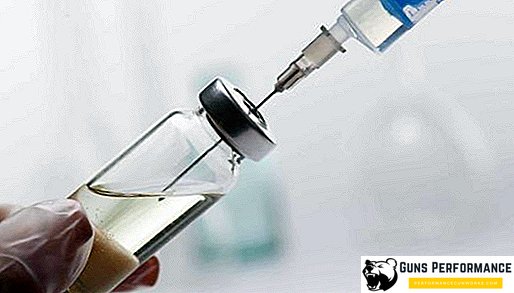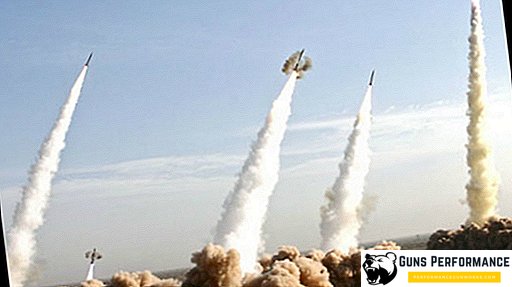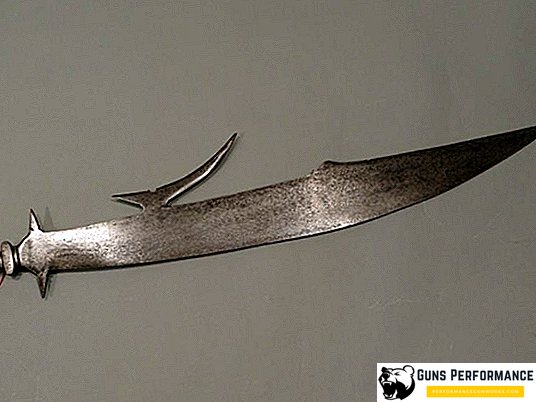
By order of America, scientists from Australia have developed an innovative medicine that can alleviate the suffering of soldiers wounded in battle. Experts say that it can prevent blood loss and irreversible damage to brain cells. It also has a sedative effect, which will avoid painful shock.
Drug development
For the manufacture of a fundamentally new drug, 550 thousand US dollars were allocated. Its creation involved the scientists of the Division of Tropical Medicine and Health at the University of James Cook. Drug development took seven years.
The Golden Hour does not work
A new tool should be applied in the first 10 minutes after injury. Doctors say that the “golden hour” does not work in a difficult fight. For example, during the fighting in Afghanistan and Iraq, more than 80 percent of deaths occurred in the first half hour before the soldier was transported to the hospital. Soldiers could survive if they were given prompt medical assistance.
Scientists say that the action of modern medicine is aimed at one thing. They either reduce blood loss, or contribute to the elimination of traumatic brain injury. If the drug can solve both problems, then a huge number of human lives can be saved.

Action of the new drug
Assistance should be provided in two stages. The first dose must be entered immediately after injury. She will be able to stop the heavy bleeding and save the brain from irreversible damage. The second injection will normalize and stabilize the condition of the wounded, as well as increase the time that he can hold out without medical assistance.
The fluid must be injected into the blood or bone marrow. It will relieve inflammation and accelerate blood coagulation, as well as reduce the energy expenditure that a person needs to sustain life.
Scientists say that innovative medicine will be available to civilians. A new drug will be a real breakthrough in modern medicine.












